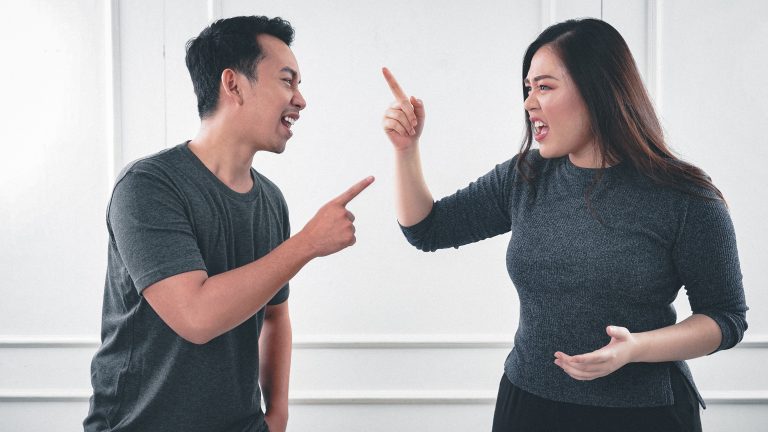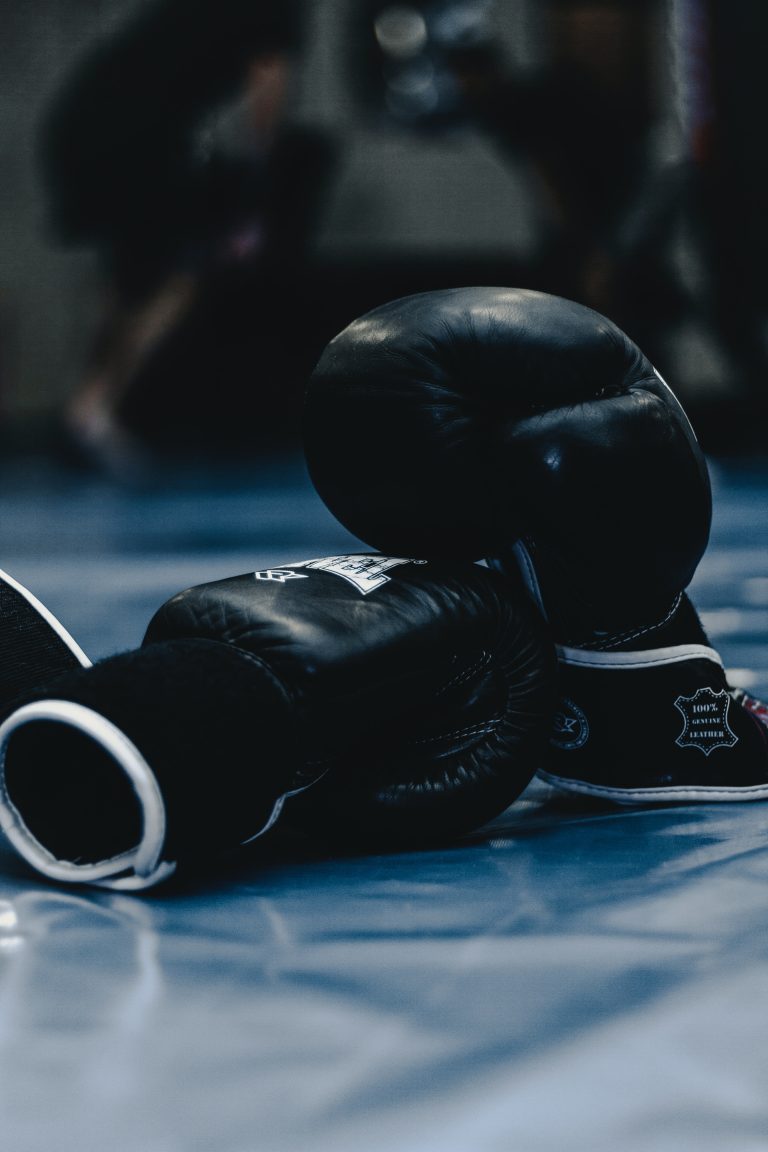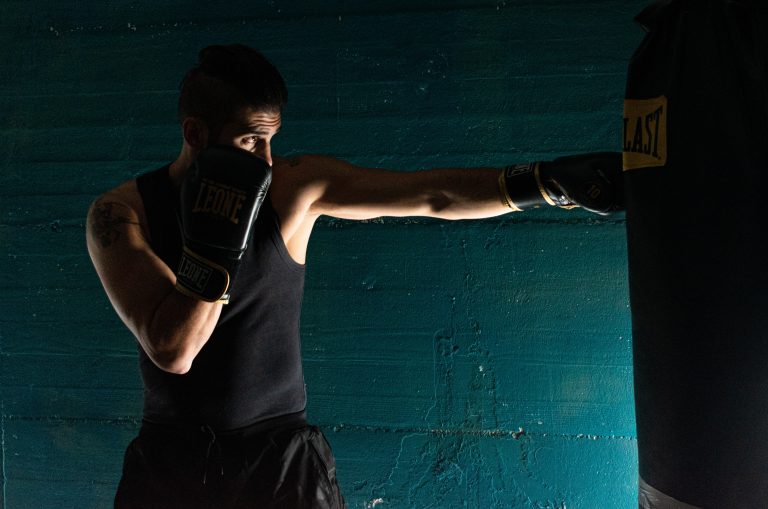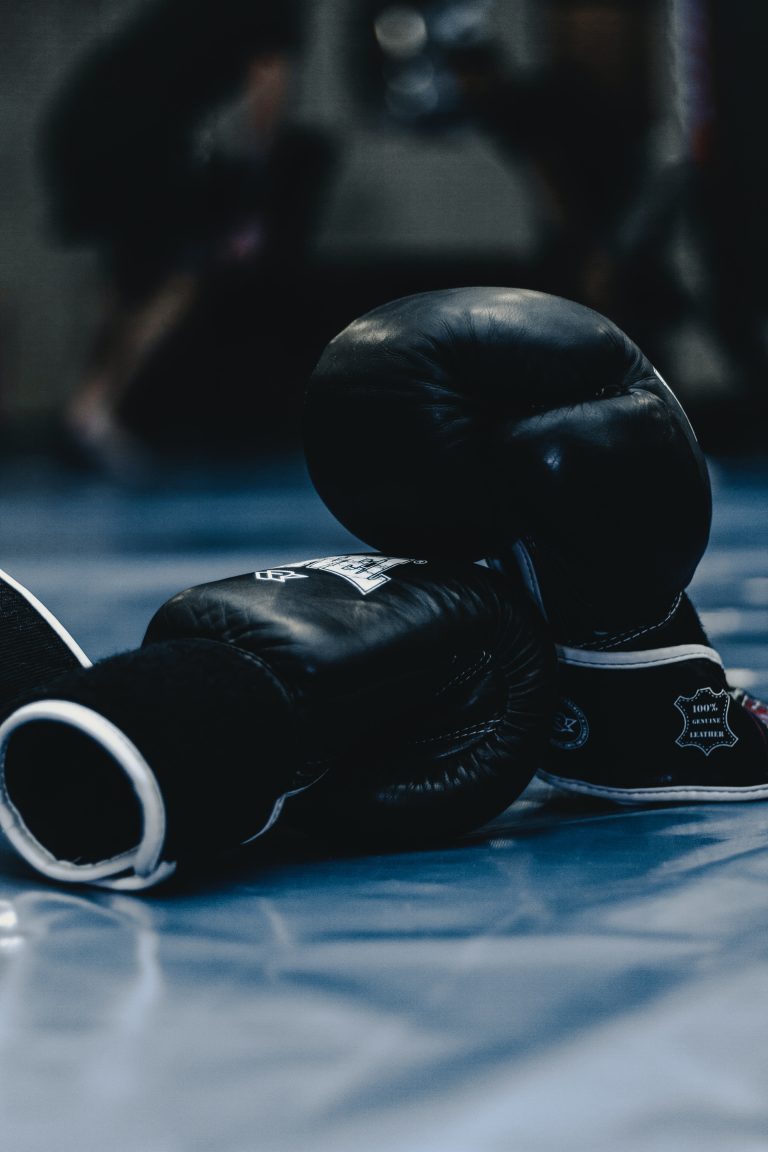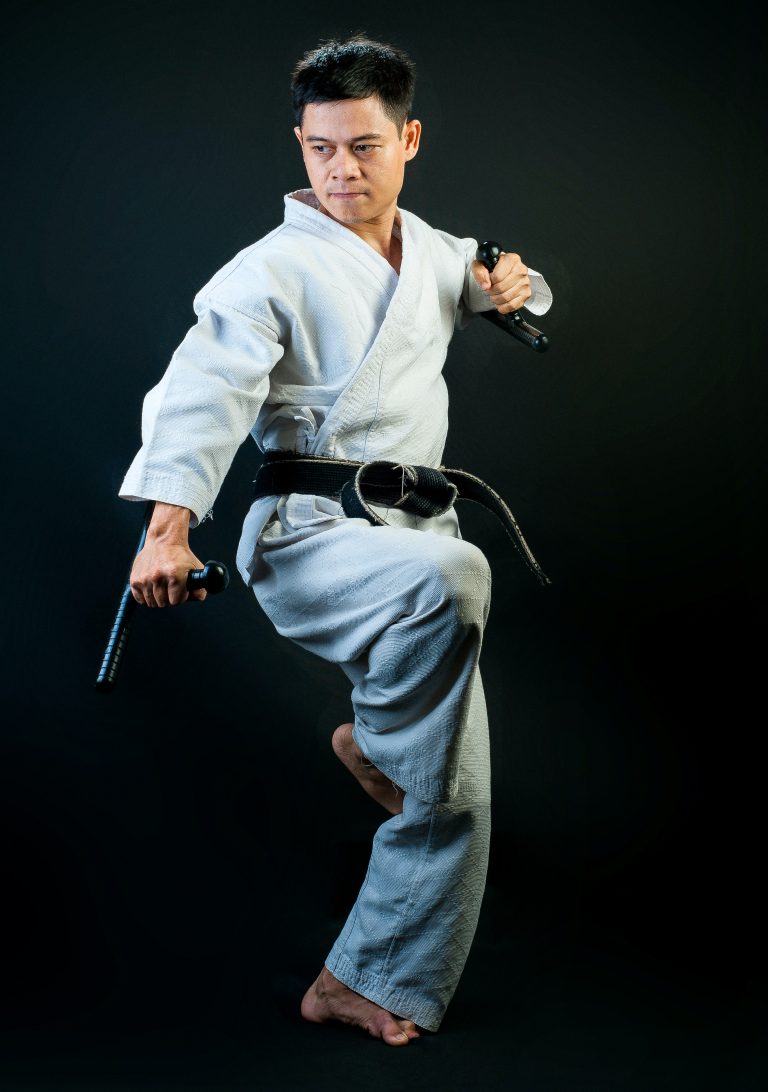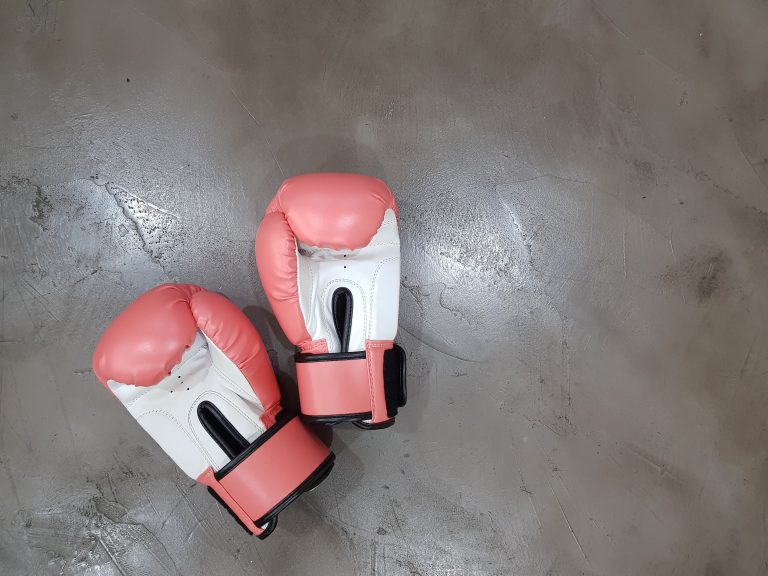What Is Karate and How Can You Get Started?
Karate is a martial art form with a long, rich history. It’s one of the most popular martial arts in the world, and is practiced by millions of people. With its variety of techniques and level of self-defense integration, it can be a great addition to any lifestyle looking to enhance physical health and mental clarity.
In this blog post, we’ll be examining what exactly karate is, the different karate styles available, and how you can get started in karate. We’ll also talk about how karate can benefit you mentally and physically, as well as a few common misconceptions about karate.
What Is Karate?
Karate is a popular martial art form that has roots in Okinawa, Japan. The term “karate” literally translates to “empty hands”, and the art is just that; a form of self-defense without the use of weapons.
There are three main types of karate: goju-ryu, shorin-ryu, and wado-ryu. Goju-ryu is a hard-soft style with techniques including kicking, punching, blocking, evasions, and grappling. Shorin-ryu is a hard-soft style that uses a combination of both powerful offensive strikes (such as kicks) and effective defensive blocks. Wado-ryu is a softer style of karate that focuses on body movement and technique instead of power.
Karate isn’t just about the physical combat aspect, however; it also teaches discipline and promotes mental clarity by emphasizing breathing, focus, and attention to detail. There are three main categories of karate: traditional karate, sports karate, and self-defense karate. Each type has its own set of techniques, drills and other activities that help practitioners develop their skills.
Benefits of Karate
Karate offers numerous physical health benefits such as increased flexibility, improved coordination and balance, increased cardiovascular health, increased muscular strength and endurance, improved body composition, improved posture and body control, improved ability to perform fast movements with precision accuracy, and improved reaction times. Additionally, many people have reported improved concentration and focus from practicing karate. As mentioned previously, karate also offers mental benefits such as increased self-confidence and self-awareness.
How to Get Started in Karate
To get started in karate, it’s important to find a school or dojo that fits your goals and needs. Look for a school that offers classes in the type of karate you’re interested in learning (traditional, sports or self-defense). It’s also important to look for a school that has skilled instructors who will teach you the correct techniques safely and patiently.
It’s also important to get the right gear when starting out in karate. Traditional karate uniforms (gi) typically include a white jacket and pants with a black belt tied around the waist. The right equipment can help protect you during your training sessions. Additionally, for sports karate practitioners, you’ll need to get a full set of protective gear including gloves, shin guards, chest protectors, headgear and foot guards.
Once you’ve found a school and the right equipment for your type of practice, start by learning the basics of karate. This can include developing your stance, learning basic punches and kicks and learning how to properly block incoming strikes.
Additionally, it’s important to familiarize yourself with terms like “kamae” and “uchi” so you know how to properly address and interact with your instructors as well as other practitioners in the dojo. As you progress through your training sessions, focus on proper technique before going for power. Once you’ve mastered the basics and have enough proficiency in performing techniques with proper form, you can then focus on developing greater speed and power as you progress.
Common Misconceptions About Karate
Karate has often been seen as an aggressive or violent activity by some people; however, this is far from the truth. Karate teaches discipline and respect for all opponents; practitioners are often taught to draw their energy from the opponent without aiming to harm them.
Another common misconception about karate is that it requires strength or athleticism in order to be successful; this again simply isn’t true! Anyone can learn and excel at karate regardless of size or physical fitness level. Karate is more focused on technique than anything else; while being physically fit certainly helps your technique, it isn’t absolutely necessary.
Finally, another misconception about karate is that there are only two stances (open stance and closed stances). This isn’t the case; there are actually many stances at play depending on the situation or style of karate being practiced.
Conclusion:
Karate is an amazing art form that offers physical and mental benefits to those who practice it. With its roots in Japan and its various forms ranging from traditional to sports to self-defense styles, it has something for everyone looking to start or broaden their martial arts training experience.
It can be daunting starting something new, which is why it’s important to take your time finding the right school or dojo that suits your needs. Additionally, be sure to get the right gear for the style you choose so that you can practice safety while training effectively. And lastly; don’t forget to familiarize yourself with the terminology related to karate so that you can communicate effectively during your training sessions. With all these pieces together, you can start your journey into discovering the wonderful world of karate!
What Is Karate?
Karate is a martial art that originated in Okinawa, Japan, in the 19th century. The word „karate“ means „empty hand,“ which refers to the fact that karate practitioners use only their bare hands and feet as weapons. Karate is a form of self-defense and physical training that focuses on striking and kicking techniques, as well as defensive maneuvers.
Today, karate is practiced all over the world, with many different styles and variations. Some of the most popular karate styles include Shotokan, Shito-Ryu, Goju-Ryu, and Wado-Ryu.
How Can You Get Started in Karate?
If you’re interested in learning karate, the first step is to find a reputable martial arts school in your area. Look for a school that specializes in karate and has experienced, qualified instructors who are passionate about teaching.
Before you start your karate training, it’s important to invest in a good pair of karate gi (uniform), and, if necessary, protective gear such as hand or head protection.
What Should You Expect From Your First Karate Lesson?
Your first karate lesson will likely be an introduction to the basics of karate, including stances, strikes, and kicks. You may also learn some self-defense techniques and basic karate forms (known as kata).
It’s normal to feel a little nervous or intimidated during your first lesson, but remember that everyone starts as a beginner, and your instructor will be there to guide you through the process.
How Often Should You Practice Karate?
Like any physical activity, the more you practice karate, the better you will become. Most martial arts schools offer several classes per week, so ideally, you should aim to attend at least two to three classes each week if possible.
If you’re serious about becoming a skilled karate practitioner, it’s also important to practice outside of class. You can practice kata, drills, and techniques at home or in a local park. Practicing regularly will help you develop muscle memory and improve your technique.
What Are Some Benefits of Practicing Karate?
Practicing karate offers many physical and mental benefits, including:
1. Improved fitness and stamina
2. Increased flexibility and balance
3. Improved coordination and reflexes
4. Reduced stress and anxiety
5. Increased self-confidence and discipline
Karate also has many practical benefits, such as the ability to defend yourself, improved awareness of your surroundings, and the ability to remain calm and focused in difficult situations.
Conclusion
Karate is a martial art that offers physical and mental benefits for people of all ages and fitness levels. Whether you’re interested in self-defense or simply want to improve your overall health and fitness, karate is a great way to achieve your goals. With the help of an experienced instructor and regular practice, you can become a skilled karate practitioner and enjoy all the benefits that karate has to offer.
Inhaltsverzeichnis

